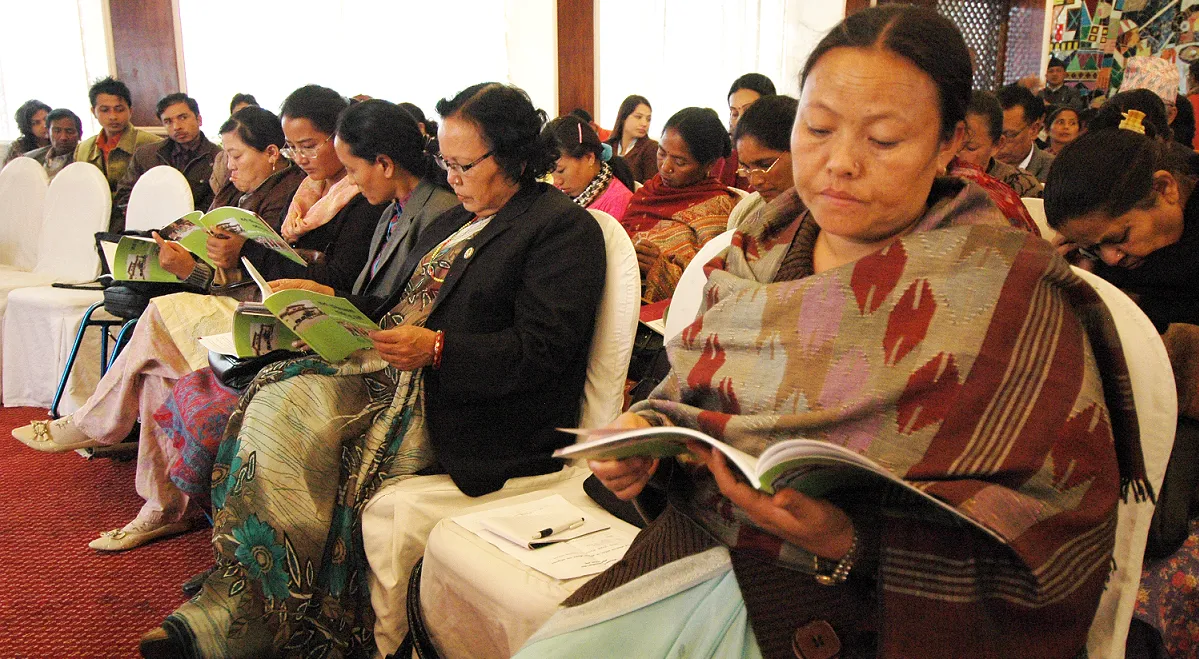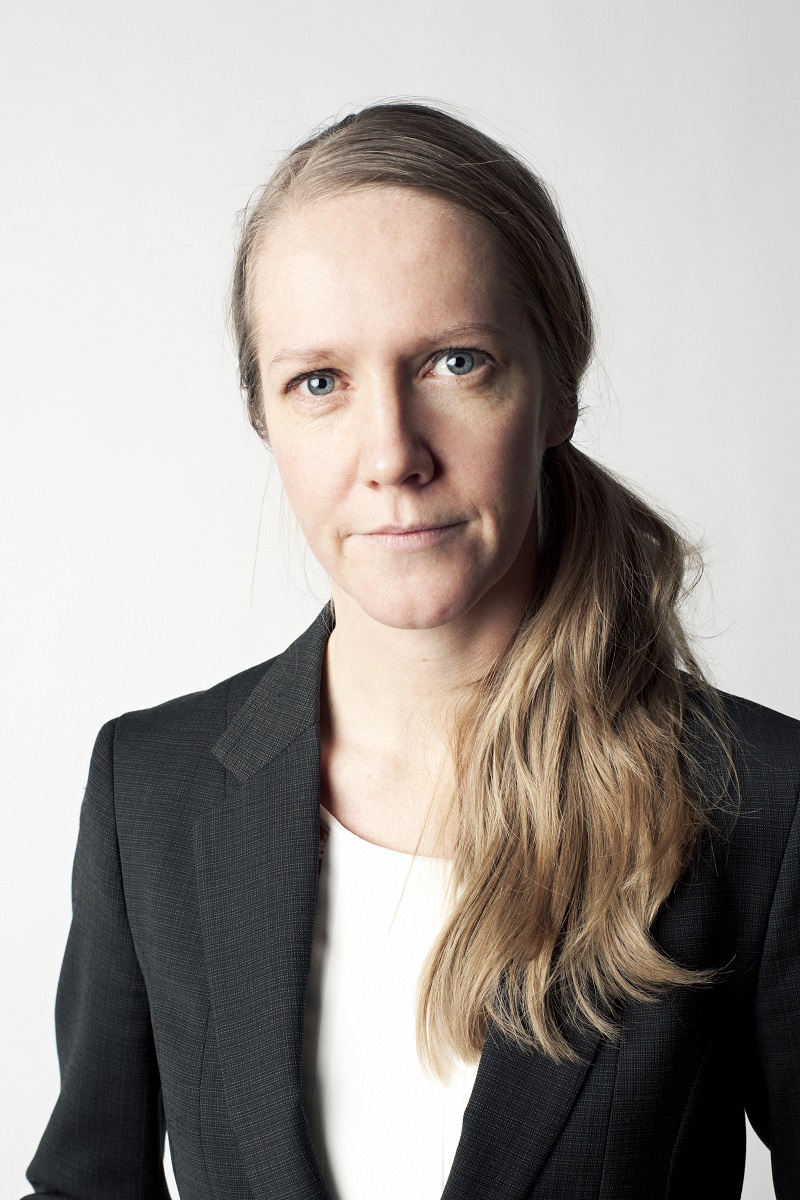Enacting gender-sensitive laws—Exchanges in Nepal

The Constitution of Nepal, adopted in 2015, grants women considerable rights—but how can we make sure that the provisions are effectively implemented in the new or amended legal frameworks that are now emerging? This was one of the main issues discussed at the annual Conference of Women Lawyers organized by Nepal’s National Bar Association (NBA) on 1-2 September 2017 in Sindhuli, Nepal.
The Constitution of Nepal takes a clear stance on inclusion. Already in its preamble, the Constitution emphasizes the need to “ending discrimination relating to class, caste, region, language, religion and gender.” Section 38 outlines the specific rights of women. Amongst others, it establishes the women’s right “to access participate in all state structures and bodies on the basis of the principle of proportional inclusion” (38(4)) as well as “to special opportunity in the spheres of education, health, employment and social security on the basis of positive discrimination” (38(5)).
It is in this context that about 500 participants—representing a wide array of stakeholders including women judges and lawyers, members of the previous Constituent Assembly and the National Women Commission, researchers, experts and journalists—gathered to deliberate on the effective implementation of constitutional provisions on women rights. Of particular interest to the participants were rights concerning employment, health and education.
Given the new and progressive local elections quotas, by which the local governance structures will have around 40 per cent women, the Conference also discussed around the role of lawyers in local administrations. An important function will be carried out by the Deputy Mayor (or Deputy Chief) of the local government, who will also serve as the Chief of the Local Judicial Committees. Whilst the last phase of the local elections are yet to be organized, it is estimated that around 90 per cent of these will be women. As popularly elected representatives, they will not necessarily have legal backgrounds. It will therefore be important for the NBA to support the new Judicial Committee Chiefs' work in the coming months.
The NBA is a federal umbrella organization for Nepalese practicing lawyers. Established in 1956, it aims to protect human right and fundamental freedoms of citizens, rule of law, impartial judiciary and impartial and fair elections. The event was organized during the first days of September 2017 represented the 26th edition of the Conference for Women Lawyers.
International IDEA provided financial and technical support to the organization of the Conference on Women Lawyers in Nepal.




